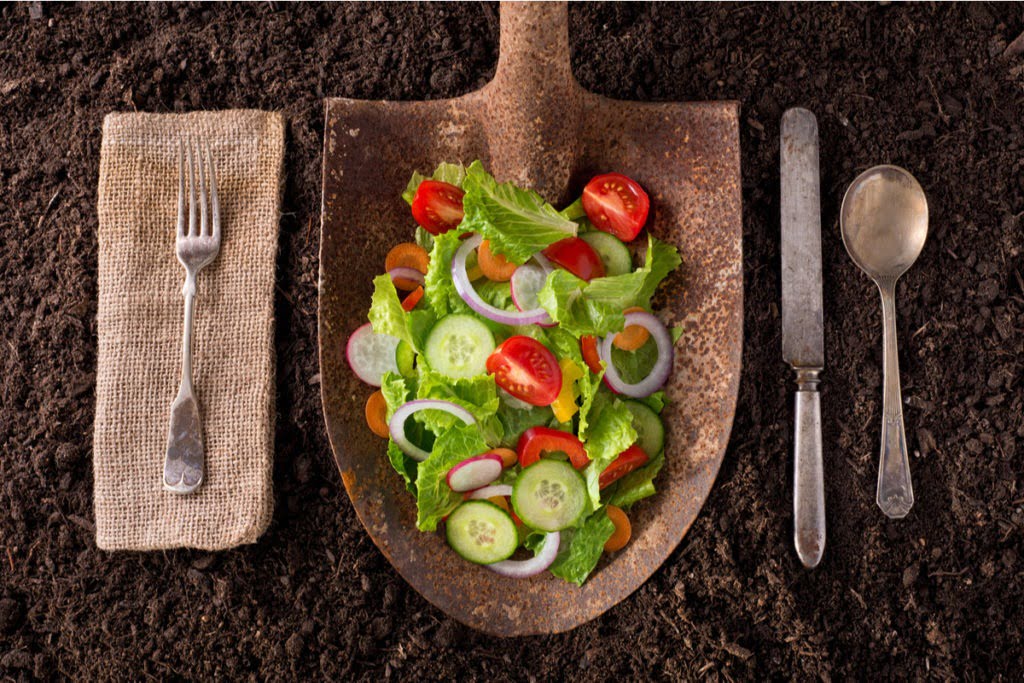
When the snow is falling in the wintertime, heaters are on full blast, and young children frolic in the snowmaking snow angels; what better time is there than now to plan to make your garden from springtime? The answer is yes; you will arrange for the future like little chipmunks storing up food for the wintertime. You have the whole season to pick your vegetables, build or mend raised beds, clean your tools, and make a map of your garden.
Tidy the vegetable Garden Beds
By the end of the year, often, the vegetable garden is a complete disaster. Please make use of your time and break up jobs working to clean one vegetable bed or section at a time until they are all cleaned up and ready for winter. You can do this by removing all dead vegetation. Often, diseases, including light blight and pests, can stay on foliage and fruit left in the garden. Be sure to take out all dead plants and any rotted fruit or vegetables left in the garden. Add plants to the compost pile that isn’t affected by the disease. Unfortunately, most compost piles do not get hot enough to kill off disease or fungus. If your foliage were unhealthy with the disease, remove the vegetation in the household trash or burn it to keep it from seeping into the compost pile.
Add a Layer of Compost and Mulch
Move aside any mulch, pull weeds, and add a 1-2 inch layer of compost. Cover the beds with the old mulch to keep weeds from growing and protect the soil. Many diseases and pests die off when the soil freezes in the wintertime. If you mulch the beds too thickly, it could prevent the ground from freezing completely. When the ground freezes, add another layer of mulch to perennial herbs and flowers. It is also an excellent time to do a soil test to tell if your soil will benefit from additions to add nutrients and alter the pH level. Soil test results will indicate the Soil pH, potassium levels, phosphorus, calcium, magnesium, and sulfur. It also will tell you the level of organic matter and lead content in your soil.
Fertilizing and Tilling
Nicely grown vegetables get the nutrients they need for a full life from both fertilizer and organic matter. Work aged compost into the vegetable beds before you plant will make the soil structure better and provide the plants with much-needed nutrition. Most vegetable beds will benefit from an additional 2-inch layer of compost while adding a more profound layer will improve the quality of moisture retention in sandier soils. Amending the soil at too early of a date in spring can result in large clumps of compacting. Till the ground only when appropriate by waiting until it has dried enough to work adequately. When the soil is ready for tilling, use any fertilizer amendments over the beds and dig into the top 8 inches to a foot of soil. Tear up any large clumps, and throw away any large roots you find while tilling.
Enjoy your Vegetable Beds
Enjoy your gardening and what your garden yields each year. For more information and details on your lawn and gardening, visit Rhode Island lawns for the most up to date information.

